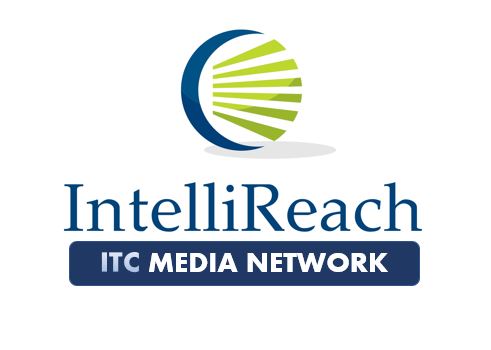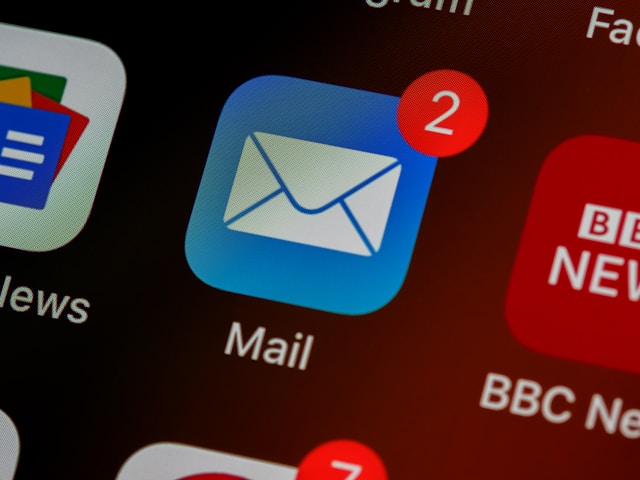In a move to combat phishing and spam emails, tech giants Google and Yahoo have implemented stricter email authentication protocols. This means if you're running email marketing campaigns, it's time to brush up on your technical chops. However, this updated policy can actually benefit your campaigns in the long run. Let's break down what email authentication is, why it matters, and how to ensure your marketing messages land safely in inboxes, not spam folders.
Why Authentication Matters
Email remains a powerful marketing tool. According to the Radicati Group, over 333.2 billion emails will be sent and received daily in 2024. That's a staggering number, creating a prime target for scammers. Phishing emails, designed to trick recipients into revealing personal information, are a major concern. In fact, a Cloudmark report suggests phishing attempts were up by 50% in 2023. This is why email authentication is a priority.
What is Email Authentication?
Think of email authentication as a digital ID check. It verifies that the email you received actually came from the sender it claims to be. This is achieved through protocols like SPF, DKIM, and DMARC. Don't worry about memorizing those acronyms—the key takeaway is that these protocols ensure your emails aren't spoofed by malicious actors.
Benefits of Authentication
While improved inbox placement is a clear benefit, email authentication also:
- Boosts Brand Reputation: When recipients recognize your emails as legitimate, it builds trust and strengthens your brand image.
- Increases Engagement: Authentication helps your emails land in your subscribers' inboxes, rather than the dreaded spam folder. So, recipients are more likely to open and interact with trusted emails.
- Protects from Spoofing: Authentication makes it virtually impossible for scammers to impersonate your brand in phishing attempts.
How to Authenticate Your Emails
Email authentication involves adding specific records to your domain name system (DNS) records. It might sound technical, but most email marketing platforms offer tutorials and support to guide you. If you're unsure, consider consulting your IT team or hosting provider.
Moving Forward with Email Marketing
Google and Yahoo's stricter authentication requirements are a positive step towards a safer email environment. By implementing an authentication protocol, you'll ensure your marketing messages reach the intended audience, boost brand trust, and ultimately drive better campaign results.
Got An Idea? Lets Make It
Happen Today
Just Wanna Chat ? Just let Us Know When







